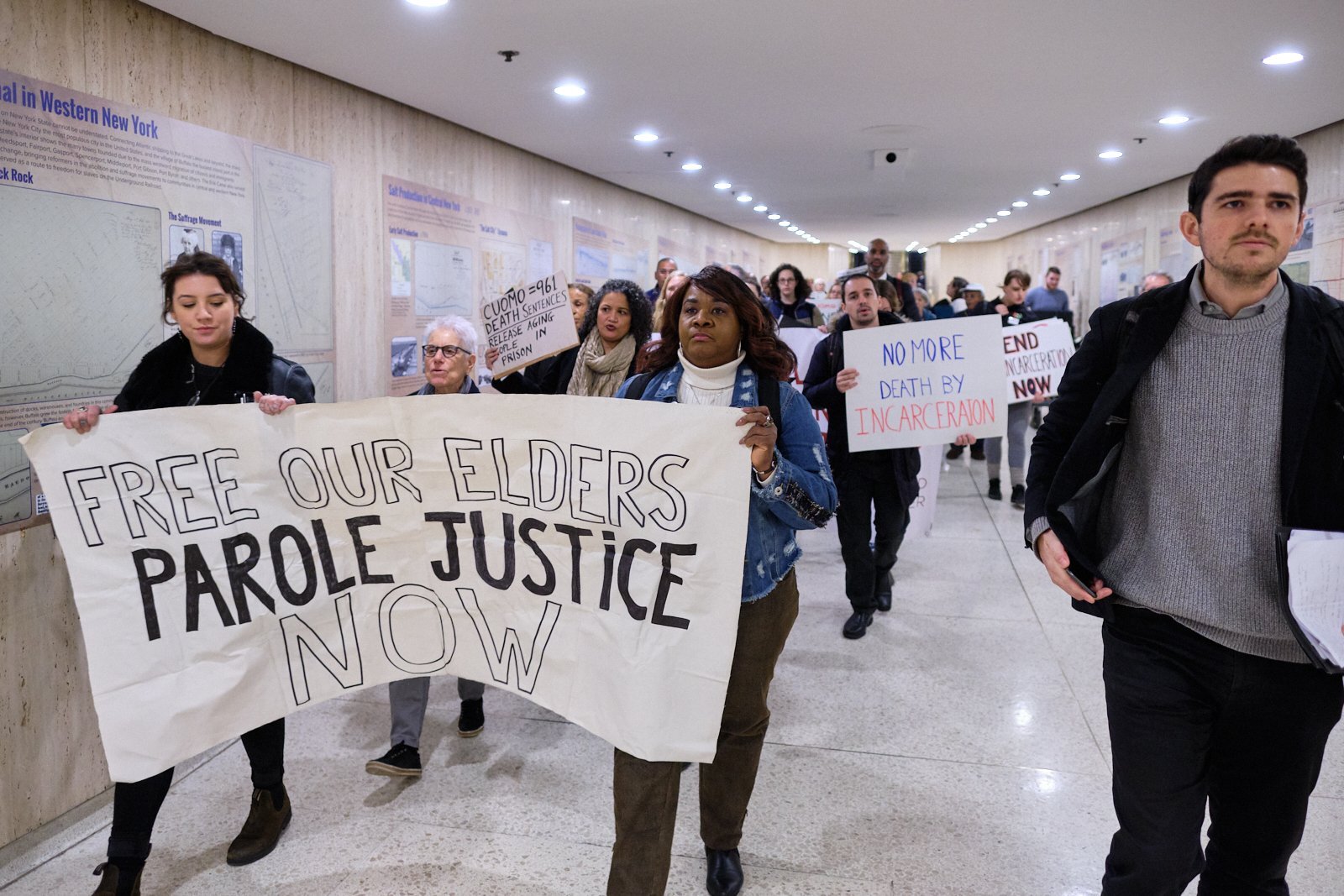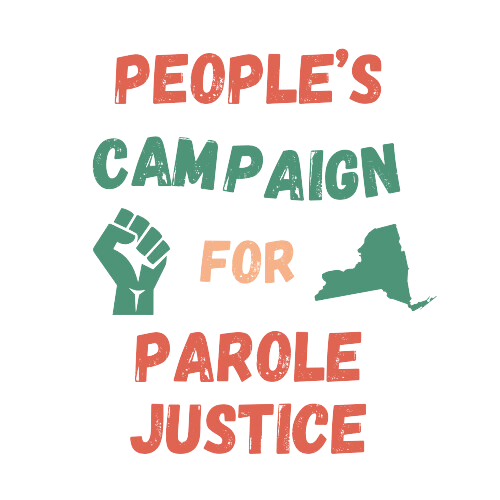
Campaign Platform
Fair + Timely Parole (S159/A127)
Fair and Timely Parole would provide more meaningful parole reviews for incarcerated people who are already parole eligible.
The bill would change the standard of parole by centering release not on the original crime but on the person’s rehabilitation while incarcerated. In other words, parole commissioners would no longer be able to deny release based solely on the crime for which the person is convicted.
This is a meaningful step towards ensuring fair parole hearings, increasing New York’s dismally low parole release rate, and reducing the number of New Yorkers behind bars.
It does not, however, fully take away parole commissioners discretion. It instead merely brings the statute in line with the original purpose of parole, which is to identify a person’s readiness for release, not a chance to relitigate the case.
Elder Parole (A.514/S.454)
Elder Parole would allow incarcerated people aged 55 and older who have already served 15 or more years a chance to go before the Parole Board for a hearing.
Roughly 1,000 people would immediately become eligible for parole with the passage of Elder Parole, and thousands more people would ultimately benefit in years to come.
Elder Parole would save lives, reunite families, promote racial justice, and save the state tens of millions of dollars.
The Elder Parole bill does not provide automatic release but instead a meaningful review and evaluation by the Parole Board, something that is not reasonably available to many older incarcerated New Yorkers, who may be forced to wait decades for a hearing or never receive one at all.
This bill is a critical step forward towards reducing the number of people subjected to long and life sentences in New York.
Fair and Fully Staffed Parole Board
Implementing the bills will not be a success without a fully staffed and fair Parole Board.
The Campaign calls for a fully staffed Parole Board (19) with commissioners who can adequately evaluate rehabilitation, and who have experience in social work, healthcare, reentry services, and mental health, all fields that are critical when evaluating a person’s readiness for release.




